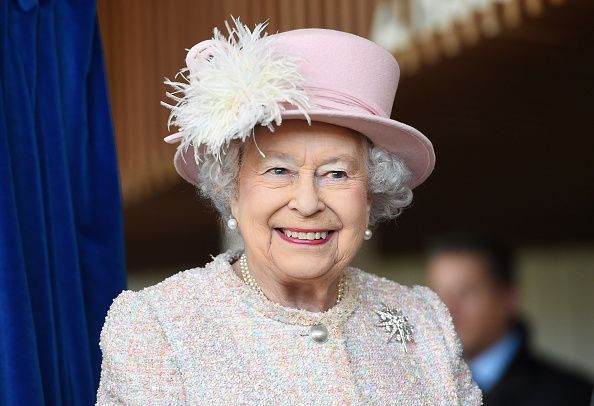Commonwealth Day 2021: 5 Interesting Facts About The Occasion
KEY POINTS
- This year's Commonwealth Day falls on March 8
- The event will be celebrated virtually
- Below are some interesting facts about the Commonwealth
Commonwealth Day is celebrated every second Monday of March, and this year's event falls on March 8. It's the time to celebrate the modern Commonwealth and the unity of its diverse member states.
Commonwealth Day is celebrated in all Commonwealth member states and is marked by a service that the British Royal Family attends at Westminster Abbey. This year's event will be celebrated virtually because of the COVID-19 pandemic, the association said on its website.
In her address, Queen Elizabeth II lauded the "courage, commitment and selfless dedication" shown by people in the Commonwealth nations, particularly those in healthcare and public service.
"Looking forward, relationships with others across the Commonwealth will remain important as we strive to deliver a common future that is sustainable and more secure, so that the nations and neighborhoods in which we live, wherever they are located, become healthier and happier places for us all," the Queen tweeted.
Read the #CommonwealthDay message by Her Majesty The Queen, Head of the Commonwealth: https://t.co/lLAPFLfQPO
— The Commonwealth (@commonwealthsec) March 7, 2021
Watch the #Commonwealth Day message by Her Majesty The Queen on the @commonwealthsec YouTube channel: https://t.co/NEqtZ3ywnk #CommonwealthDelivers | @RoyalFamily pic.twitter.com/qGa8pZY8OH
On this day, let's have a look at some interesting facts about the association:
Member nations
The Commonwealth is comprised of 54 "independent and equal" nations, which includes both developing nations and those with more advanced economies. In fact, 32 of the member states are considered small states.
"All members have an equal say regardless of size or wealth," the Commonwealth website said. "This makes sure even the smallest countries have a voice in shaping the Commonwealth."
Member states include Nigeria, Singapore, Canada, Malta, the U.K., Samoa, Australia, India and Mozambique. Among the 54 nations, 16 recognize the British Queen as their monarch, National Today noted.
Originally known as Empire Day
Commonwealth Day used to be called "Empire Day," which was established in 1902 in honor of Queen Victoria, according to National Today. People initially celebrated it informally before the occasion was officially recognized in 1916. In 1958, Empire Day was changed to Commonwealth Day.
Any country can join
Although its roots originate from the British Empire, any country can actually join The Commonwealth, the association's website noted. In fact, the latest country to join was Rwanda in 2009.
Countries that would like to join the Commonwealth need not have to be under the British Empire before, but they must be eligible to be a member state. The criteria for membership include "commitment to democracy and democratic processes" and acknowledging Queen Elizabeth II as the head of the Commonwealth.
The next head
Queen Elizabeth II is the head of the Commonwealth and it is an "important symbolic role." This role, however, is not hereditary, the organization said. In the future, Commonwealth leaders will choose the head.
Some find it controversial
According to National Today, some states people find Commonwealth Day quite problematic because of its ties to colonialism. Some of the member countries were violently colonized by Britain and had to fight for their independence.
Still, many people observe the event worldwide, celebrating it with parties, good food, and by raising flags to express their pride.
This year's Commonwealth Day falls on March 8, which happens to be International Women's Day. With the event also celebrating women's contributions, those who post about the event can use the hashtag #SheLeadsTheWay along with #CommonwealthDay when posting on social media.

© Copyright IBTimes 2025. All rights reserved.






















